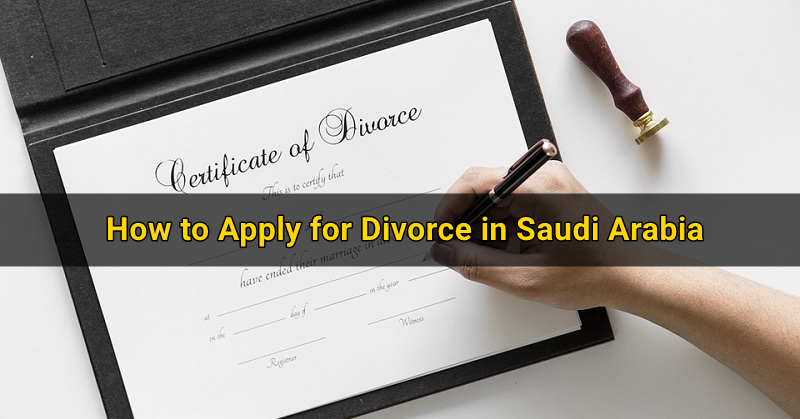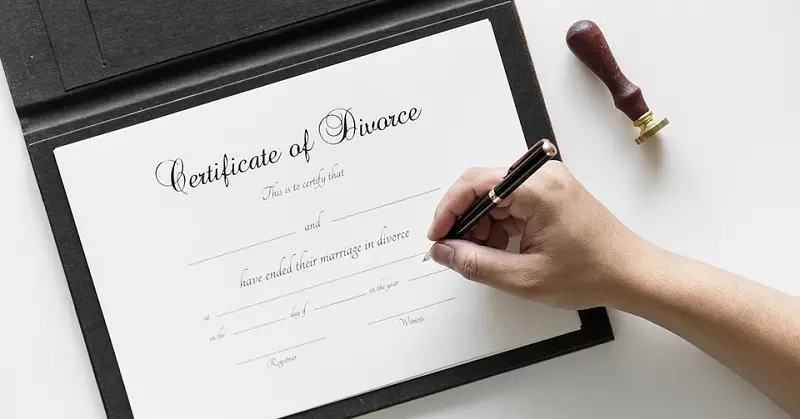While most people get married with dreams of living “happily ever after,” this isn’t always the case. Some marriages end in divorce, which is a stressful yet necessary process.
ALSO READ: Do’s and Don’ts in Saudi Arabia
In today’s post, we’ll be discussing the divorce process in Saudi Arabia, particularly for expats in a Muslim marriage (e.g. expat woman married to a Saudi national), and for those in non-Muslim marriages who have decided to end their marriage while staying in the Kingdom.
Contents
Getting a Divorce in the Kingdom of Saudi Arabia
In Saudi Arabia, women — nationals and expats included — fall under the “male guardianship system.” This means that when it comes to getting married and other important matters, the woman’s father, brother, husband, or son has the authority to make decisions on her behalf.
The system also applies to ending a marriage. With this, let us now look into the process for getting a divorce in the Kingdom:
Divorce for Expats in a Muslim Marriage
A Saudi man who is married to a foreign woman can divorce her through talaq. He simply needs to say “I divorce you” three times and get the divorce verified in court. In this case, the woman does not need to refund the dowry paid by her husband before they got married.
On the other hand, a woman who wants to divorce her husband must bring the case to court. The process is known as khul’ or khula, which happens when the husband does not approve of a divorce. The woman must present a reason and evidence of any of the following cases: physical abuse, sexual abuse, infidelity, alcoholism, drug addiction, criminal activity, sexually transmitted disease, abandonment of wife, or failure to provide marital obligations (e.g. shelter, financial support).
Both the wife and husband shall present their cases. If the court finds that there is enough evidence for a divorce, only then will the marriage officially end. However, even if the divorce is considered valid by the court, the husband may still refuse to give his consent. He may also be entitled to financial compensation in the case of a khula. This means that the woman must refund the dowry paid by her husband.
As for the children, they are to remain in custody of the husband. But once the child is older, he or she may choose who has custody. If the mother has not remarried, she may be granted custody of the kids until they are seven to ten years old. Again, this would have to be decided in court, and on a case-to-case basis.
Divorce for Expats in a Non-Muslim Marriage
If the husband and wife are not Muslims, a divorce in Saudi Arabia would still require the husband’s permission. To apply for a divorce, they will need to consult their respective embassies. Doing so will still involve a Saudi court, however, which will also have to look into the case. For this reason, most expats decide to get divorced in their respective countries instead.
ALSO READ: Services Offered by the Philippine Embassy in Saudi Arabia and Overseas Labor Office
Indeed, getting a divorce could be a harrowing experience! In any case, we suggest that you seriously consider your situation before entering marriage. Choose your spouse wisely and make sure that you are ready for a lifetime relationship, to avoid any stressful happenings!


